
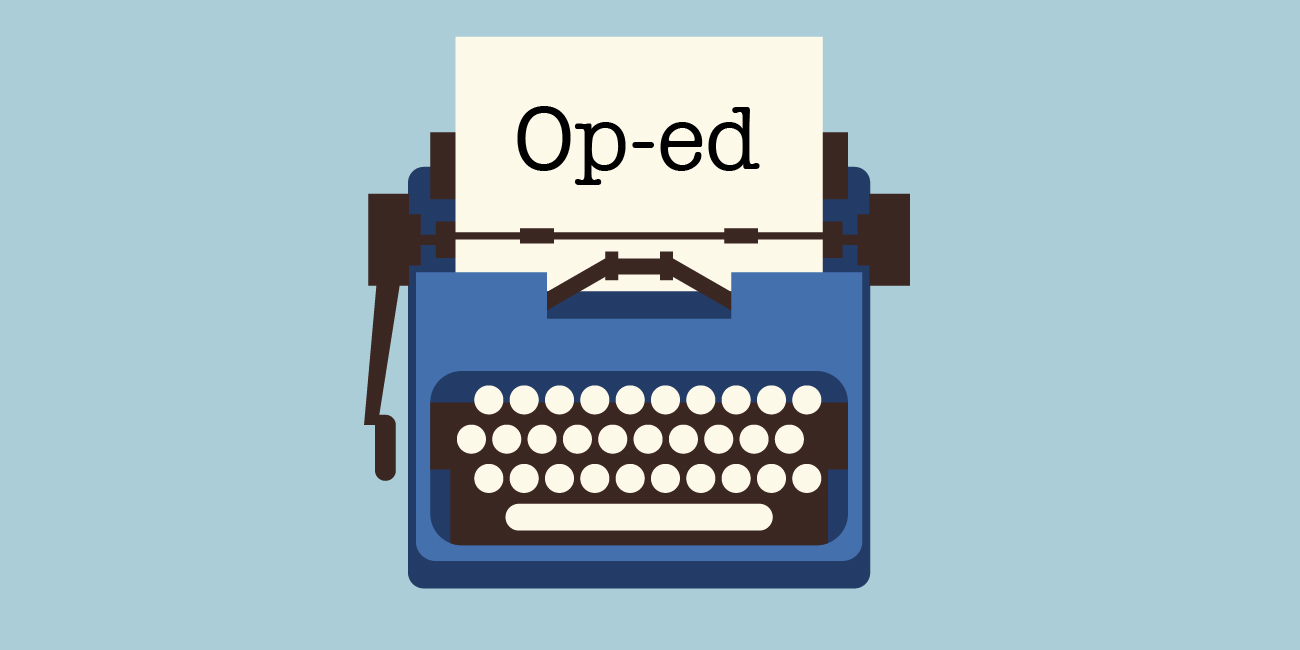
Daniel DePetris
Incessant, round-the-clock violence. An impending famine. Mass displacement. A near total absence of state authority. Hundreds of thousands of civilians stranded with nowhere to go.
You might think I’m describing Gaza. But no, I’m referring to Haiti, the troubled republic roughly 600 miles to the south of Miami.
It’s difficult to put into words just how chaotic Haiti is at the present time. The country is in a state of anarchy. Whatever is left of the Haitian government — to be honest, using the word “government” is charitable — is going through the motions like a substitute teacher presiding over social studies class in the public school system.
The most powerful figure in Haiti today isn’t the president, who was assassinated more than two years ago, or the prime minister, who is still trying to find a way back into Haiti after a trip overseas. Rather, it’s a gang leader nicknamed “Barbecue,” who once served as a police officer before being let go after he participated in a horrific attack in a Port-au-Prince slum that killed more than 70 people. Barbecue has since formed an alliance with other gangs in the Haitian capital and vowed to continue inflicting violence until Prime Minister Ariel Henry resigns.
Gangs have always been a problem in Haiti. The country’s politicians have used criminal elements to do their dirty work — whether it’s to scare rivals, get their supporters to the polls, or attack the political bases of other politicians. But like the Frankenstein monster who defied his creator, the gangs have long since escaped the thumb of the politicians.
They are now an authority in their own right, outnumbering and outgunning the Haitian National Police who can’t even protect themselves, let alone the Haitian population. Entire areas of Port-au-Prince are no-go zones for the police; roughly 80% of the capital is controlled by the gangs. The figure might even be higher in the weeks since Barbecue and his new alliance went on the offensive, attacking police stations, burning the Interior Ministry, laying siege to vital transportation routes, and breaking into a prison to free thousands of inmates.
All of the violence is having predictable effects on the quality of life. The United Nations estimates that about half of Haitians are food insecure and close to 1 million are on the brink of starvation. Finding enough fuel to get around town or power a generator is a full-time job, a consequence in part from the gangs’ propensity to block roads in order to exert their power and press their grievances. Hospitals are running short of supplies, and some hospitals have shut their doors altogether.
If all of this sounds familiar, that’s because it is. Haiti has witnessed multiple political tremors since the mid-1980s, when demonstrators overthrew the despotic, ruling Duvalier family. In 1991, Jean-Bertrand Aristide, Haiti’s first democratically elected leader, was pushed aside by the Haitian military, which established a junta regime that ceded power only after President Bill Clinton’s administration threatened a full-scale invasion of the country and dispatched two aircraft carriers to near Haiti’s coastline.
U.S. troops entered Haiti unopposed and were tasked with setting the stage for a political transition back to Aristide. A decade later, in 2004, Aristide was gone, flying into exile aboard a U.S. aircraft after squandering whatever goodwill he acquired. A United Nations-led peacekeeping mission became involved after Aristide’s exit in a bid to facilitate yet another political transition. That U.N. mission turned into a debacle, and peacekeepers departed after 15 years under a cloud of scandal and after setting off a cholera epidemic that killed at least 10,000 people.
But that’s all history. Haiti’s situation is markedly worse today than it was back then, if only because state institutions are simply not functioning adequately. Combine incompetence and corruption with insecurity, and you get hopelessness, despair, and “Mad Max”-style fury, which is exactly what Haiti has become.
The United States and its partners in the Western Hemisphere know all this. Foreign-imposed solutions, however, are hard to find. Past foreign interventions have at best kept Haiti on life support without treating the underlying illness. President Joe Biden’s administration isn’t stupid; officials can see that previous U.S. interventions haven’t worked as expected, and they have no intention of ordering our Marines back into Port-au-Prince. The White House spent months trying to entice Canada to take the lead, but our friends to the north didn’t want to step up either. Kenya of all places was gracious enough to volunteer, pledging 1,000 Kenyan police officers. Yet the mission was stopped before it even got off the ground, with Kenya’s high court ruling the deployment unconstitutional.
In the meantime, the U.S. is doing what it can to get its own people out of harm’s way. Last weekend, the U.S. military evacuated nonessential diplomatic staff and brought in additional security to safeguard the U.S. embassy there. The Biden administration has pledged to pick up most of the tab for the Kenyan-led stabilization mission if it becomes operational. Meanwhile, Haiti’s neighbors in the Caribbean are attempting to convince the unelected and widely unpopular Prime Minister Henry to step aside or at the very least make room for a technocratic transitional government that could usher the country toward its first elections in eight years. Henry, though, has been incredibly uncooperative and has refused to resign.
In the end, Haiti’s problems will ultimately have to be solved by the Haitians themselves. That’s obviously easier said than done. But the alternatives — full-blown civil war or another fruitless, decadelong mission at the hands of foreigners — are even worse.
Daniel DePetris is a fellow at Defense Priorities and a foreign affairs columnist for the Chicago Tribune.
24World Media does not take any responsibility of the information you see on this page. The content this page contains is from independent third-party content provider. If you have any concerns regarding the content, please free to write us here: contact@24worldmedia.com

5 Business Sectors Where Safety Glasses Are Essential
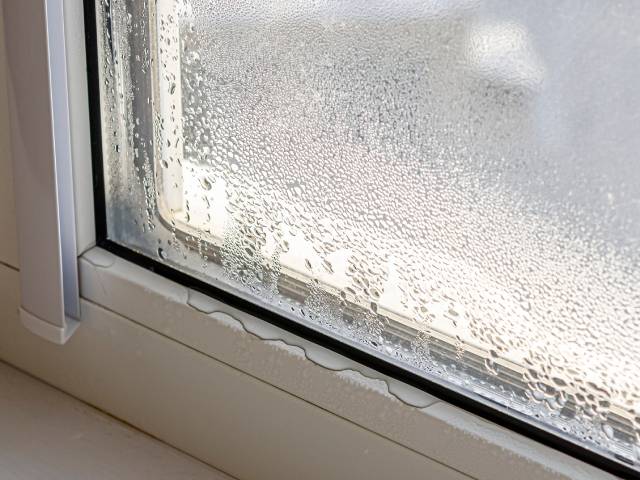
Annoying Things You Can Keep Out of Your Home

Easy Ways You Can Improve Your Pasture’s Quality

Mistakes You Must Avoid on Your Next Construction Project

Tips for Keeping Your Business’s Equipment Around for Longer
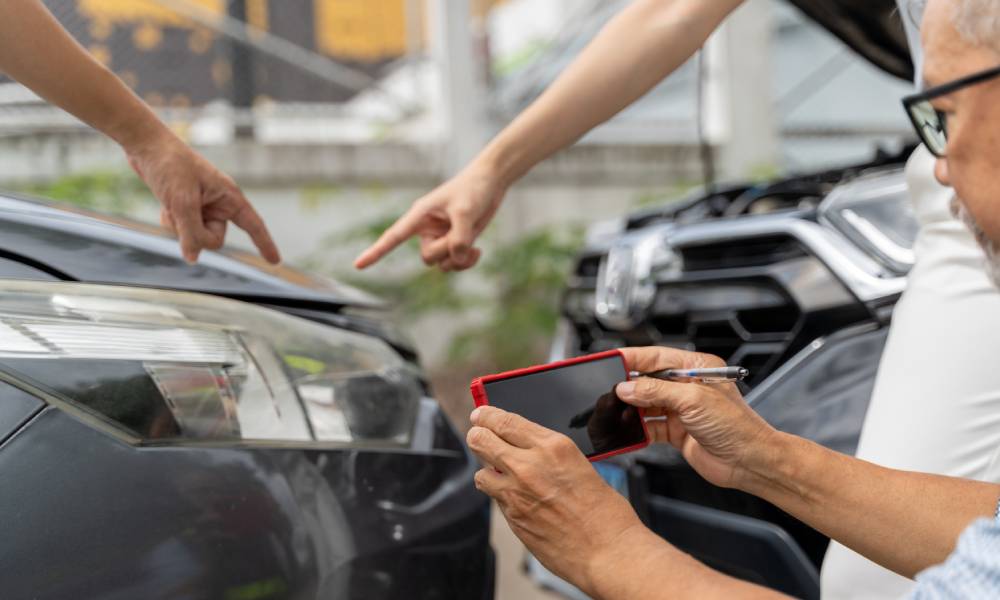
The Biggest Car Owner Mistakes You Must Avoid

Why Renting Construction Equipment Is Best
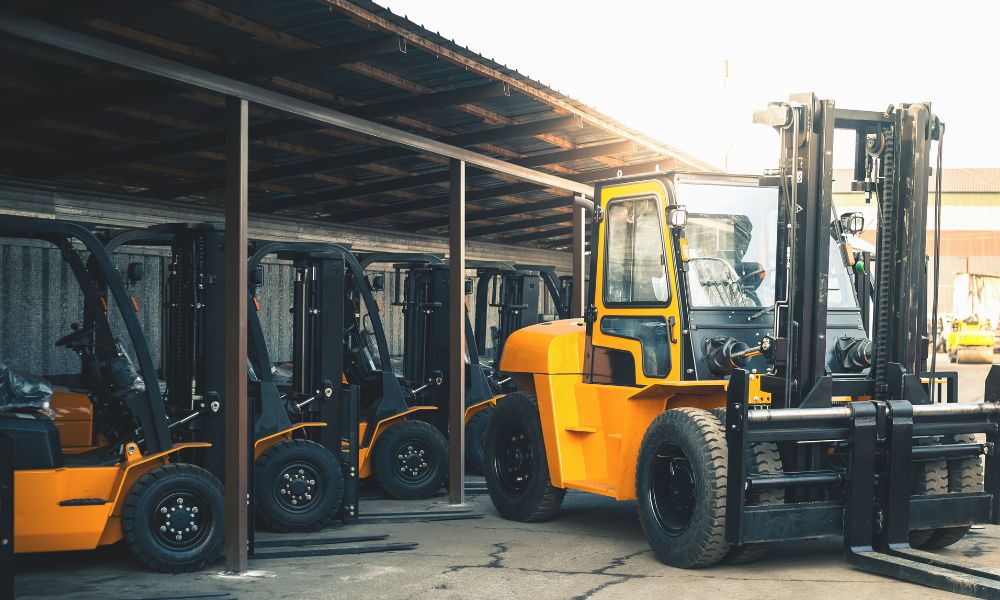
Beat the Heat: Summer Maintenance Tips for Forklifts
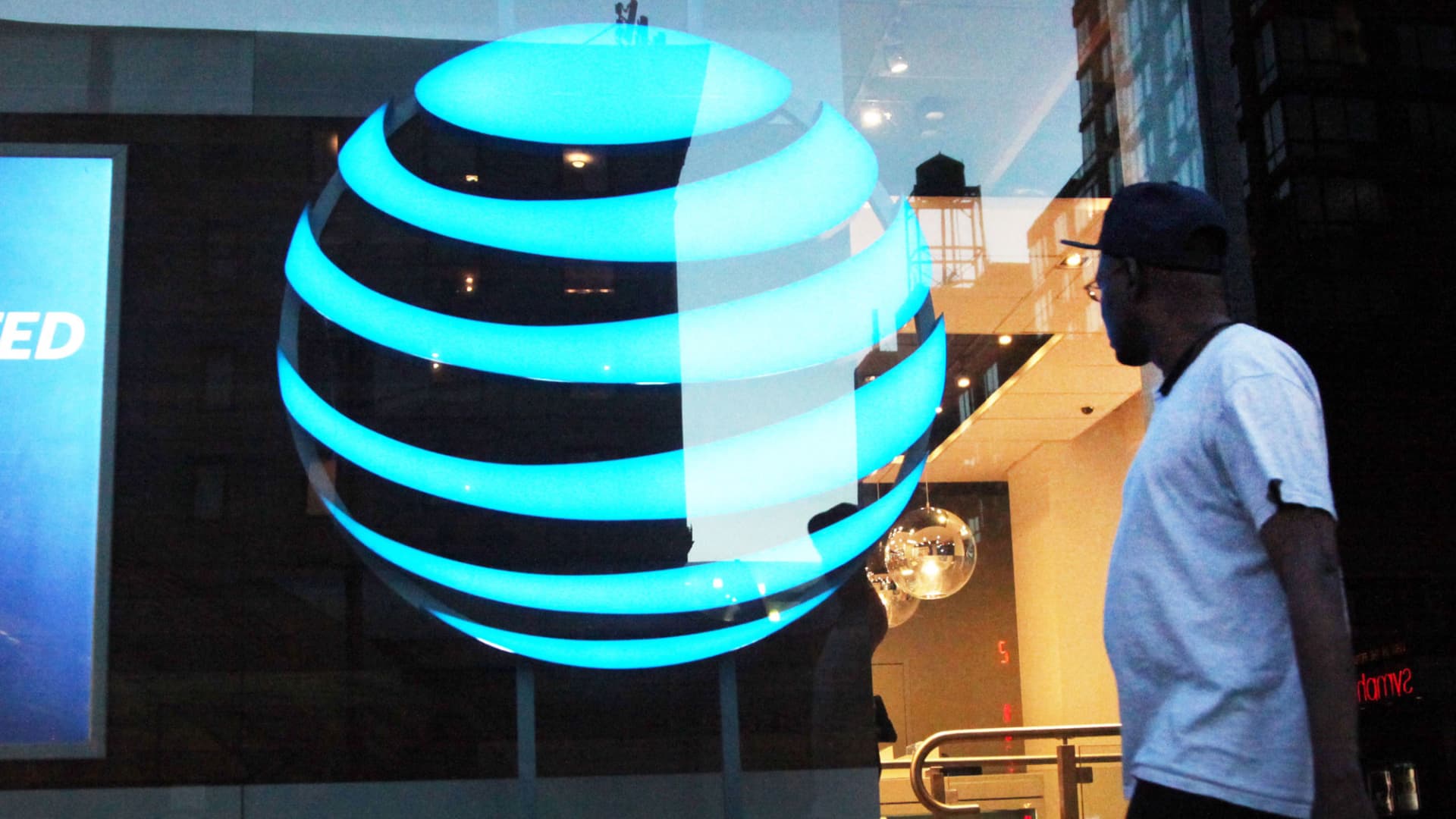
Monday’s stocks to buy include Apple, Nvidia, Tesla, Shopify and more

How to Tell If Your VPN Is Working Properly